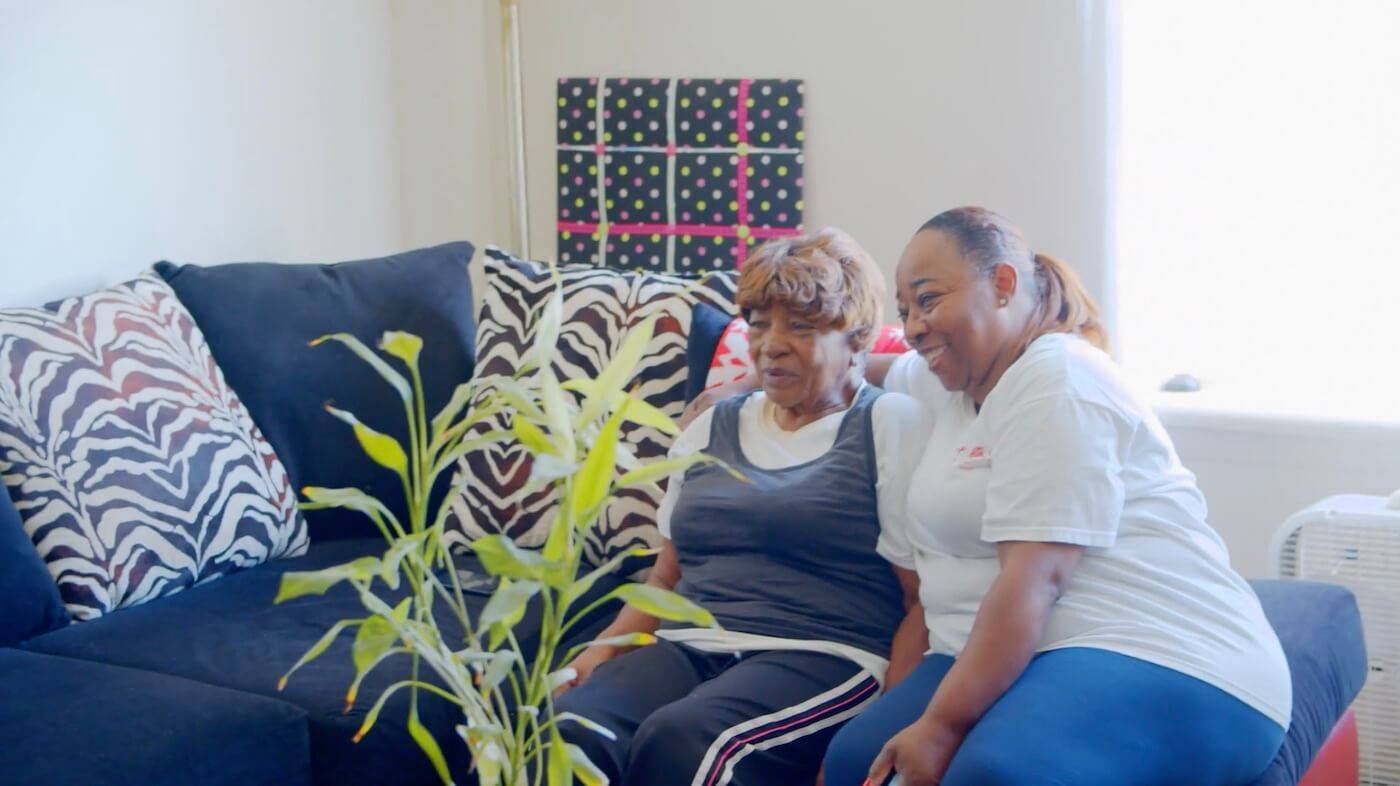Innovation and Intervention in Home Health
I want to tell you what we have been working on this summer and fall: a new model of care that connects at-risk clients to the resources they need before they end up in a health crisis. The program launched in Indianapolis in August, Philadelphia in September and Pittsburgh in October.
The model is called “HealthyMATCH,” and the idea starts with asking the caregiver to be the voice of the client. Every week, the caregiver answers a series of questions on the client’s behalf to get at important health issues like these: Does the client seem to be at risk of a fall? Does he or she have enough to eat? Is the client getting out, or seem to be socially isolated and depressed? Are there any hints of medical or medication issues?

When the caregiver’s response triggers a concern, a registered nurse and/or licensed social worker goes to the client’s home and performs comprehensive nursing and social service assessments. If action is needed, they may involve the client’s health plan, doctors and clinicians, or community resources like food pantries. Sometimes what’s needed is client or caregiver education on how to handle a challenge.
Help at Home is confident our caregivers are well-positioned to do this work, since they typically spend 17 hours a week with their clients and stay with us for four years. That’s an unusually long time in the caregiving field, and the result is they tend to be more in tune with their clients. Like family, they notice even small changes, and their longevity creates a desire to help.
The involvement of a registered nurse or licensed social worker is also triggered when a client is discharged from a hospital, ER or skilled care facility. The HealthyMATCH strategy is to recognize when there’s a risk, and work to overcome it.
Early data points show this approach is making a difference in our clients’ lives. Here are three quick examples:
- When a screening showed a client was depressed and anxious after being isolated during the pandemic, we helped her get the counseling it took for her to reconnect with her family.
- A client with late-stage liver disease was repeatedly sent to a hospital that didn’t have the expertise to treat him. We helped him re-engage with his specialist instead, by making appointments and arranging for transportation.
- A low-income client with diabetes didn’t understand the role nutrition played in her disease until our team worked with her and helped her connect to a food pantry.
These stories represent just the early reports of the kinds of impact our caregivers, registered nurses and licensed social workers are having every day. It’s a privilege to be leading such great work.
